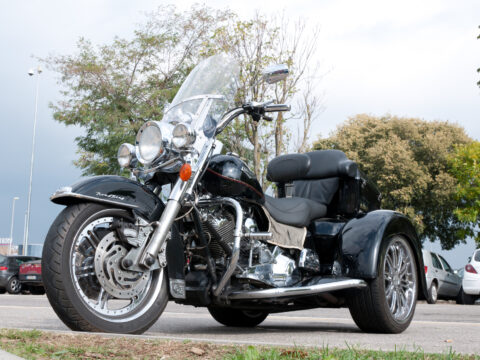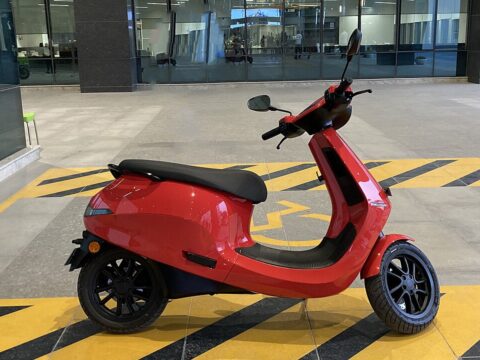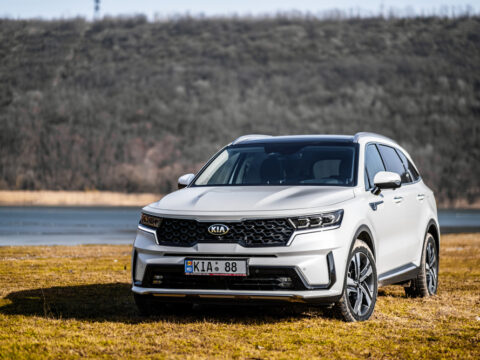Hybrid cars have gained immense popularity for their promise of fuel efficiency and environmental benefits. However, some surprising aspects of these vehicles often go unnoticed. In this article, we uncover 15 shocking facts about hybrid cars that every potential owner should know. From hidden costs to unexpected performance quirks, these revelations will give you a clearer picture of what it’s really like to own a hybrid car.
Contents
Battery Replacement Costs
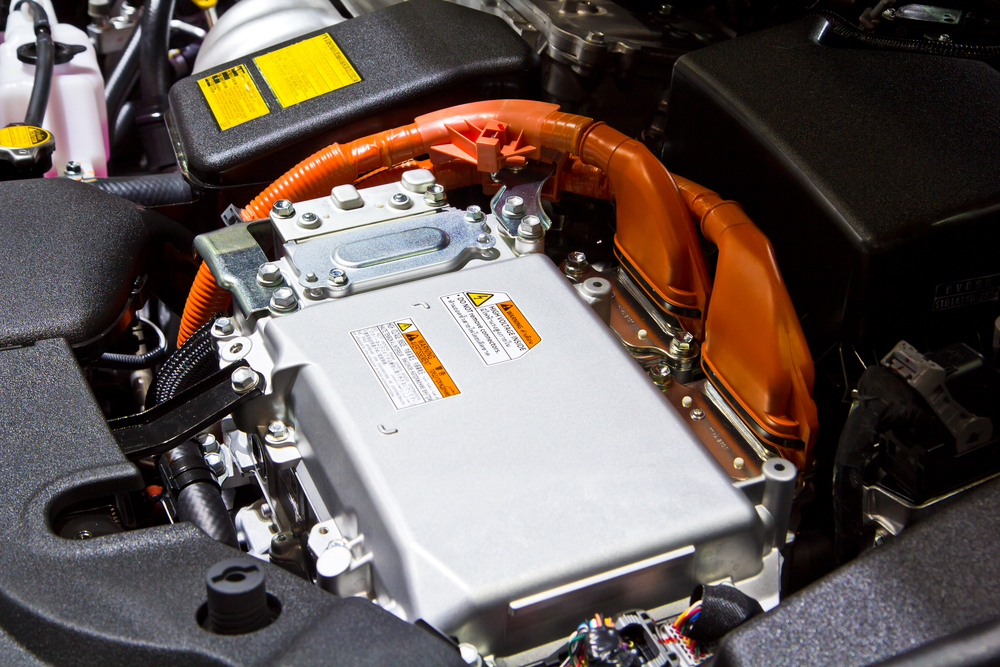
Hybrid car batteries are costly to replace, often ranging from $2,000 to $8,000 depending on the make and model. This expense can be a significant burden for owners when the battery’s performance declines after several years of use, which typically happens after 8-10 years.
Limited Battery Lifespan
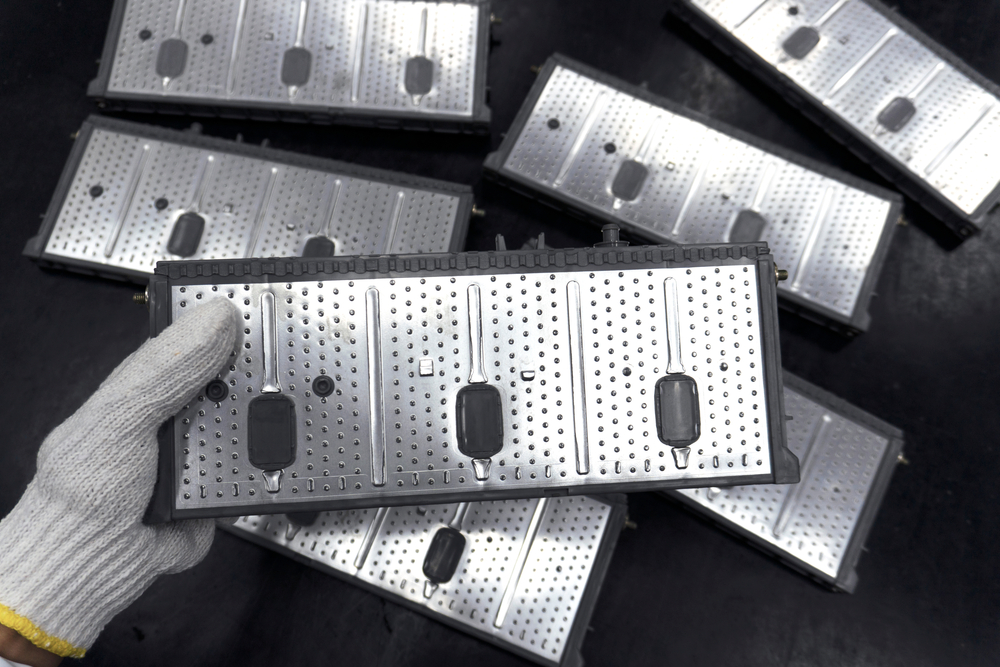
While hybrid batteries are designed to last for many years, their lifespan is finite. Over time, their ability to hold a charge diminishes, necessitating replacement. Factors such as driving habits and climate can further affect battery longevity, sometimes reducing it to just 5-7 years.
Higher Initial Cost
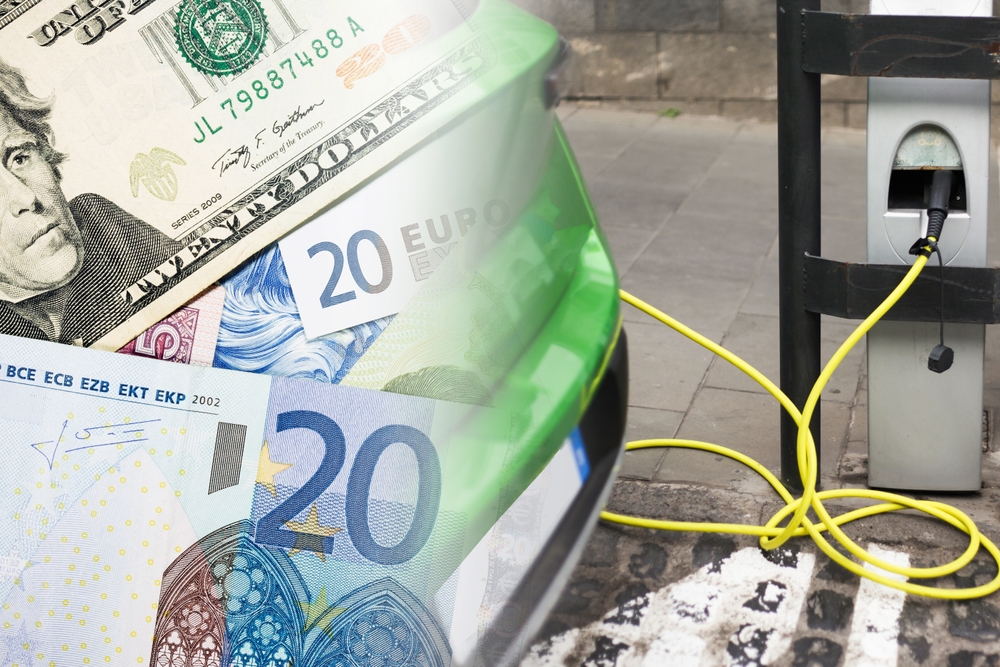
Hybrid cars often come with a higher sticker price compared to their gasoline counterparts. This is due to the advanced technology and dual powertrains (internal combustion engine plus electric motor) that these vehicles utilize. For instance, a hybrid model might cost $5,000 to $10,000 more than a similar non-hybrid model.
Complex Repair Needs
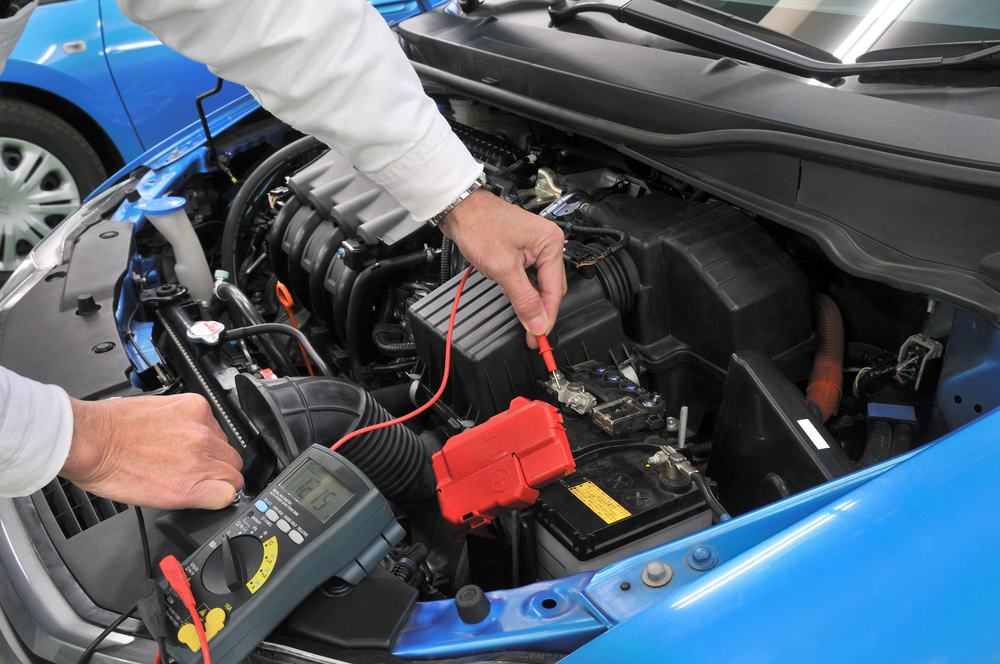
The intricate combination of electrical and mechanical systems in hybrid cars makes repairs more complex and expensive. Specialized knowledge and tools are often required to diagnose and fix issues, which can limit the number of qualified mechanics and increase repair costs.
Resale Value Concerns
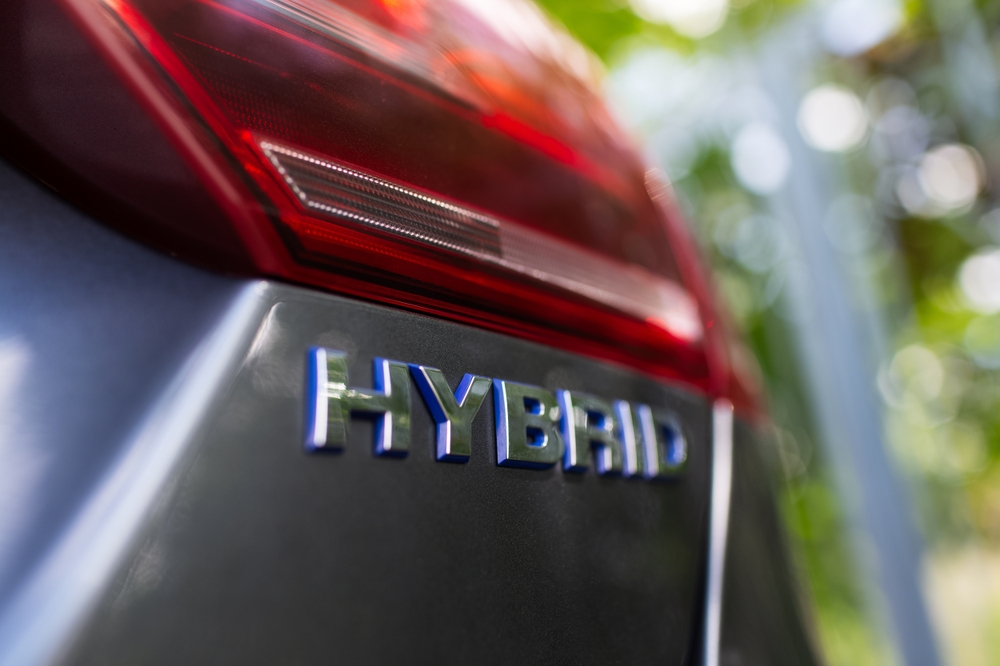
The resale value of hybrid cars can be unpredictable, often lower than expected due to concerns about battery life and replacement costs. Potential buyers might be wary of purchasing an older hybrid due to the impending need for expensive battery replacements.
Potential for Limited Range
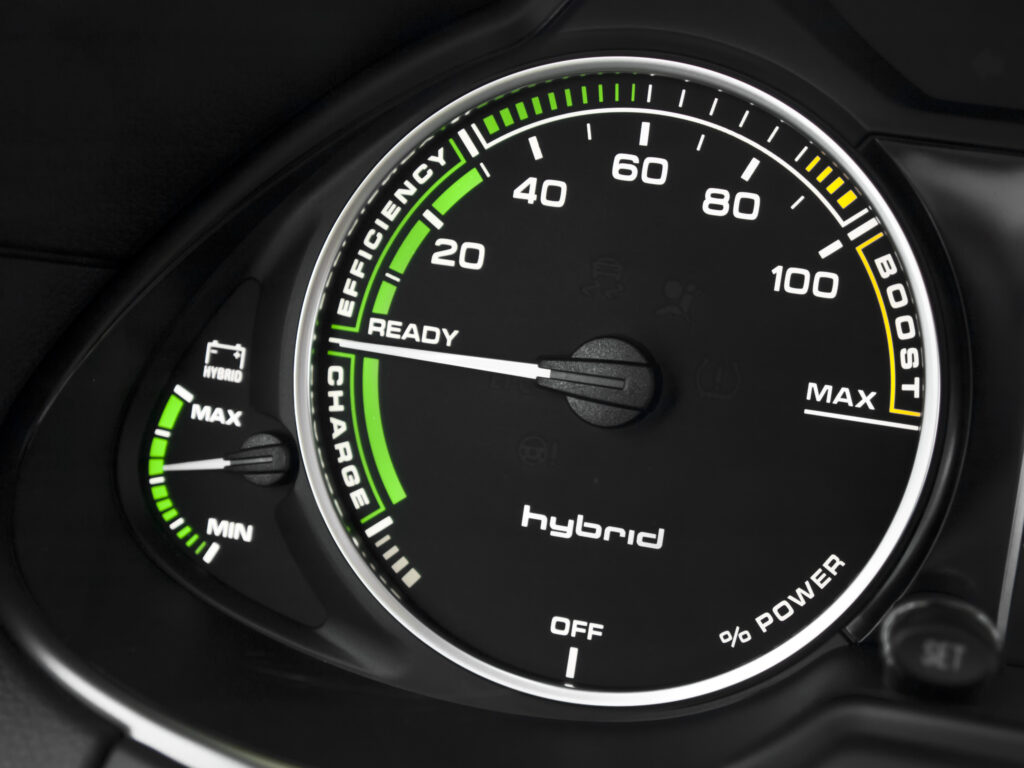
Some hybrid cars offer a limited range when operating solely on electric power, typically between 20 to 50 miles. This limitation makes them less suitable for long-distance travel without frequent recharging, reducing their convenience for some drivers.
Weight Issues
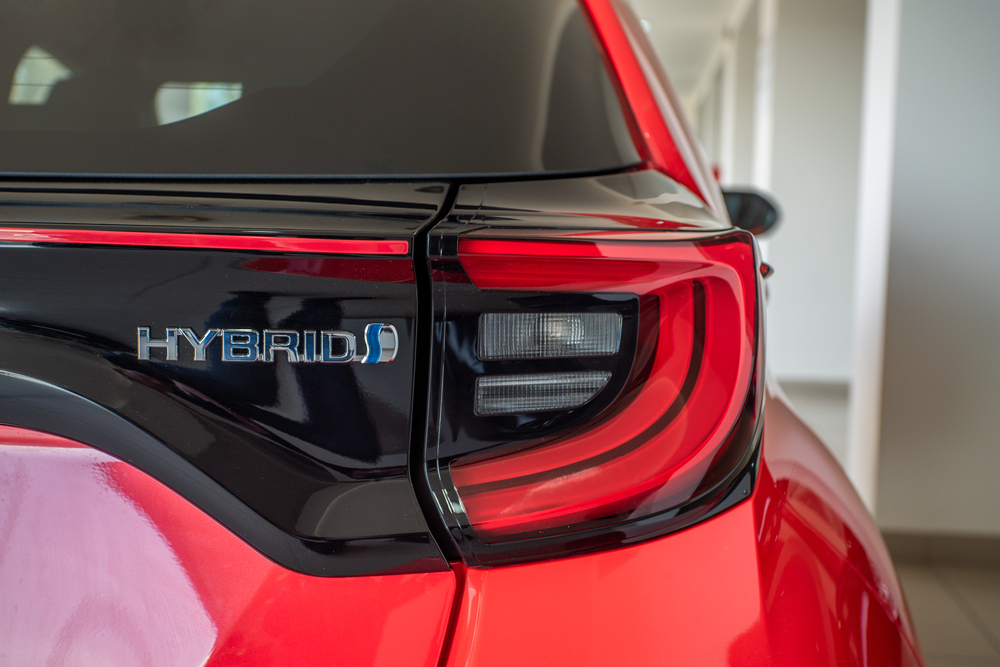
The addition of a battery pack in hybrid cars increases their overall weight, which can negatively impact fuel efficiency and handling. This extra weight can also put more strain on the vehicle’s suspension and braking systems.
Less Cargo Space
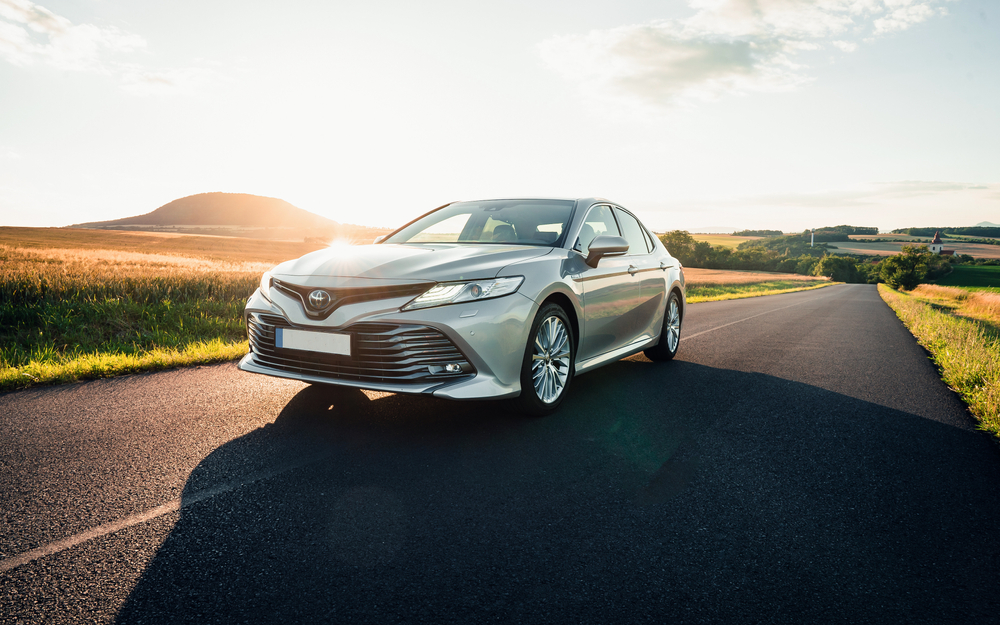
The placement of the hybrid battery often reduces the available cargo space in the vehicle. This design compromise can limit the car’s practicality, especially for those who need ample storage for travel or everyday use.
Maintenance Complexity
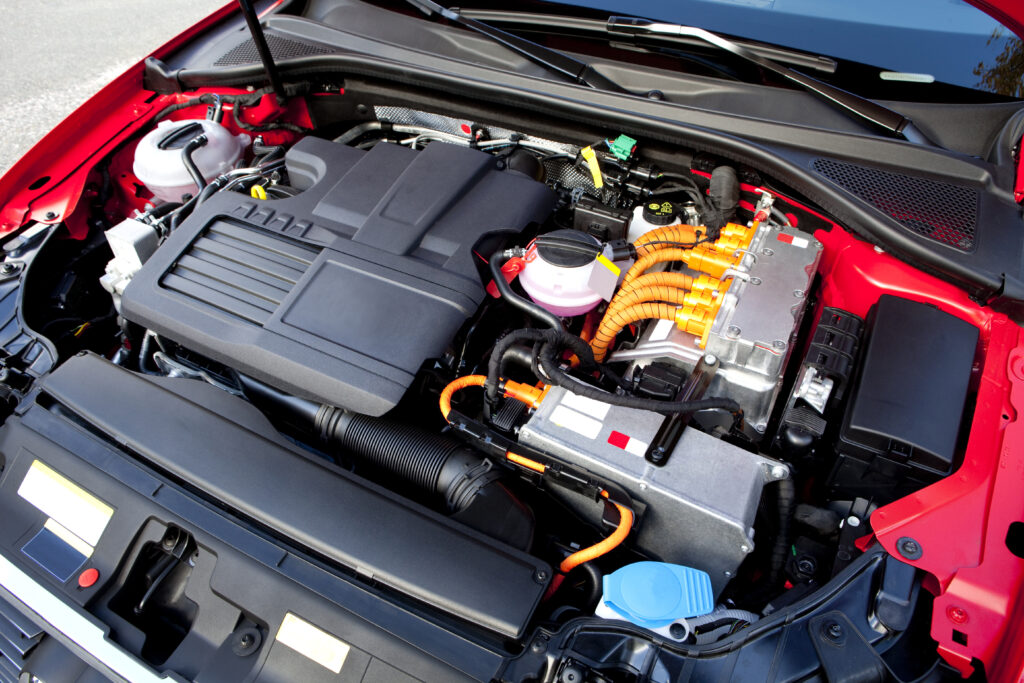
Hybrid vehicles require specialized maintenance due to their dual powertrains. Regular servicing may involve additional checks and procedures that are not required for conventional cars, potentially increasing routine maintenance costs.
Performance Trade-offs
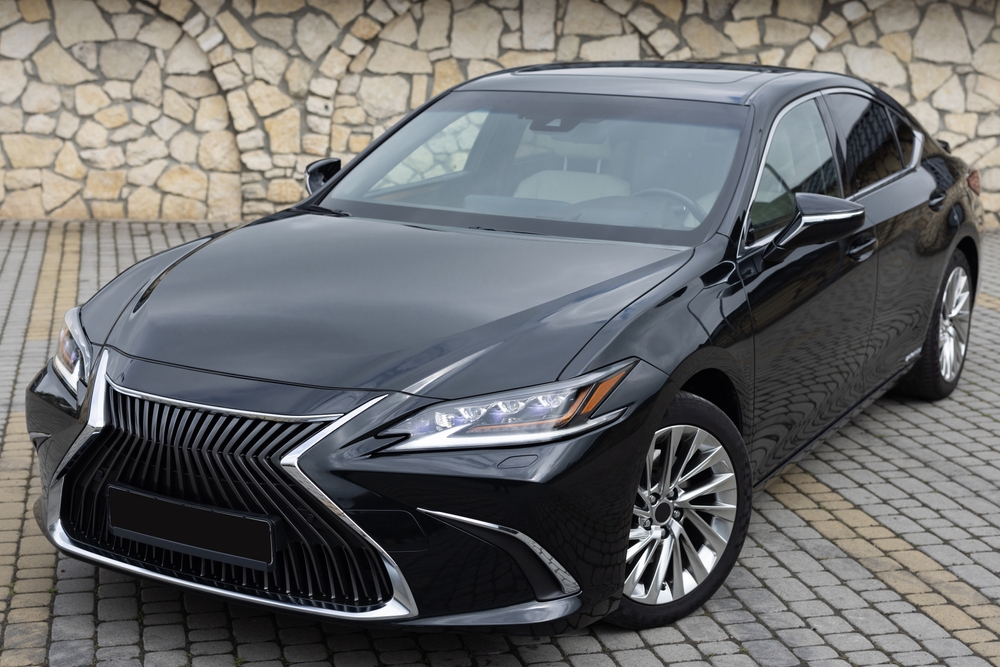
To achieve better fuel efficiency, some hybrid cars sacrifice performance, resulting in slower acceleration and less powerful driving dynamics. This trade-off might be noticeable in hybrid models that prioritize economy over speed.
Cold Weather Impact

Cold temperatures can adversely affect the performance of hybrid batteries, reducing their efficiency and overall range. Owners in colder climates may experience reduced fuel savings and shorter electric-only driving distances during winter months.
Real-World Fuel Efficiency
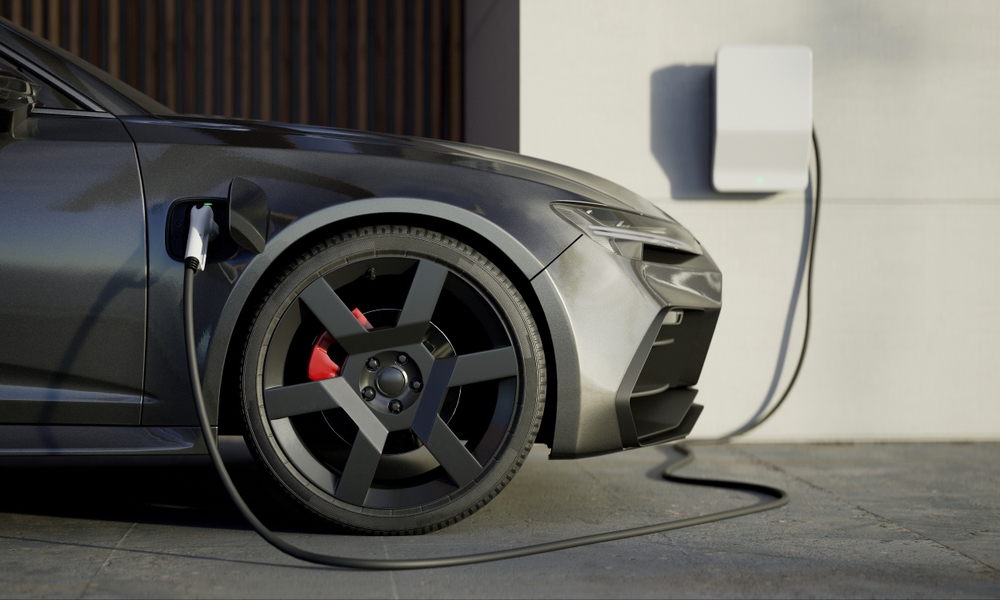
The real-world fuel efficiency of hybrid cars often falls short of the figures advertised by manufacturers, especially during highway driving. Factors such as driving habits, terrain, and climate can significantly impact actual fuel economy.
Charging Infrastructure
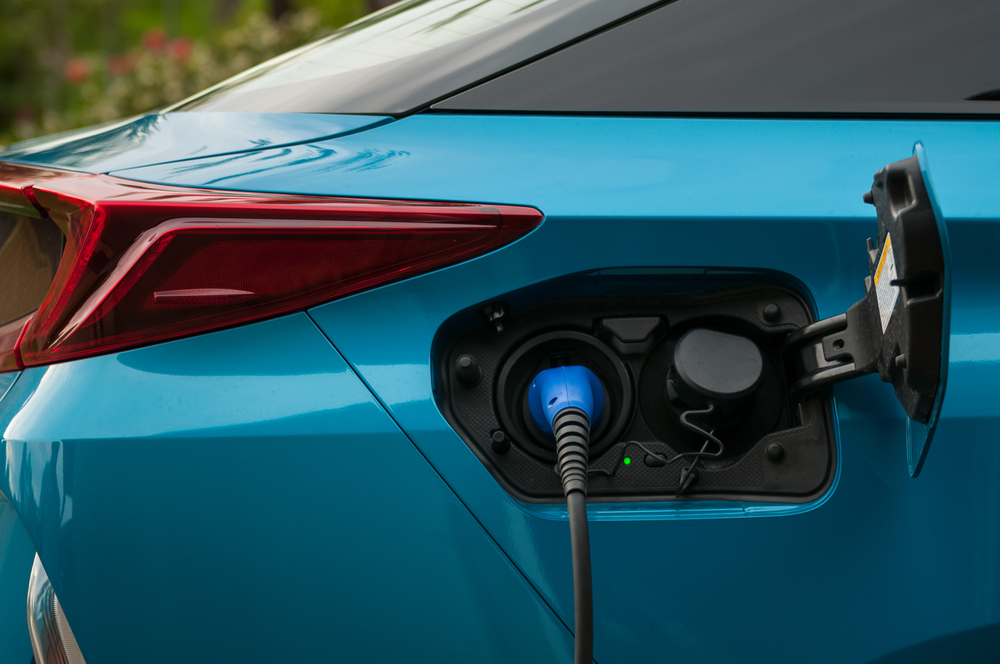
Owners of plug-in hybrid vehicles may face challenges finding convenient charging stations, especially in less urbanized areas. Limited infrastructure can make it difficult to fully utilize the electric capabilities of their vehicles.
Environmental Impact of Battery Production
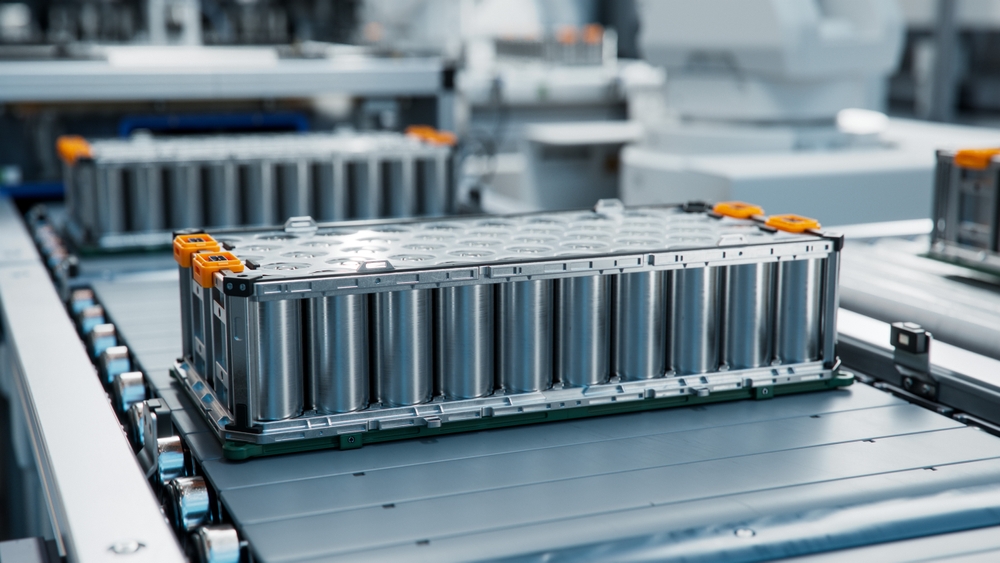
The production of hybrid car batteries has a significant environmental footprint due to the extraction and processing of rare earth metals. This process involves considerable energy consumption and can result in substantial greenhouse gas emissions.
Higher Insurance Costs

Insurance premiums for hybrid cars can be higher due to their increased initial cost and the complexity of their repairs. Insurers may charge more to cover the potential costs associated with repairing or replacing hybrid components.
This article originally appeared in MyCarMakesNoise.
More from MyCarMakesNoise
10 Cutting-Edge Military Drone Innovations

The rapidly evolving landscape of modern warfare has seen military drones emerge as game-changing tools, redefining strategies and operational capabilities. Equipped with cutting-edge technologies, these unmanned aerial vehicles (UAVs) enhance precision, stealth, and efficiency in combat scenarios. Read More.
10 Public Transportation Systems That Were Abandoned

Public transportation systems have long been the lifeblood of bustling urban centers, providing essential connectivity and fostering economic growth. However, as cities evolved and new technologies emerged, many once-thriving transit systems fell into disuse. Read More.
15 Luxury SUVs Offering Unmatched Comfort and Style

In the realm of automotive excellence, luxury SUVs stand as the epitome of comfort and sophistication. These vehicles seamlessly blend high-performance capabilities with opulent interiors, creating an unmatched driving experience. Read More.

